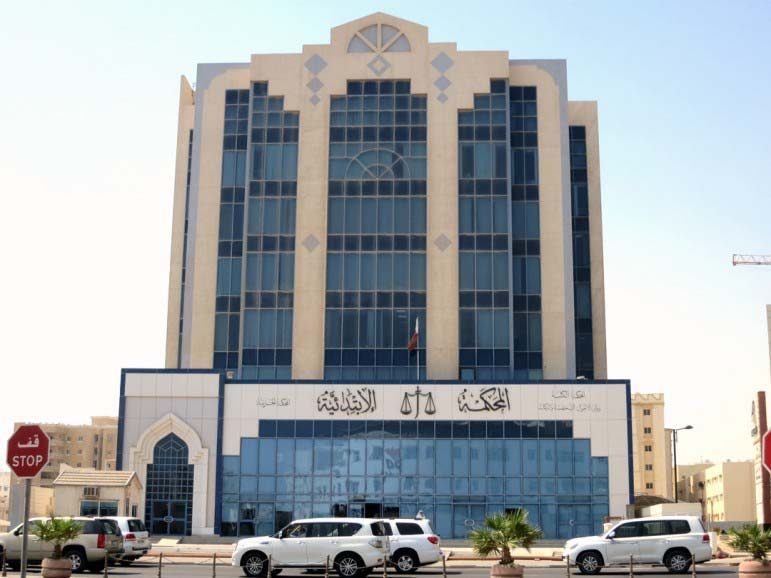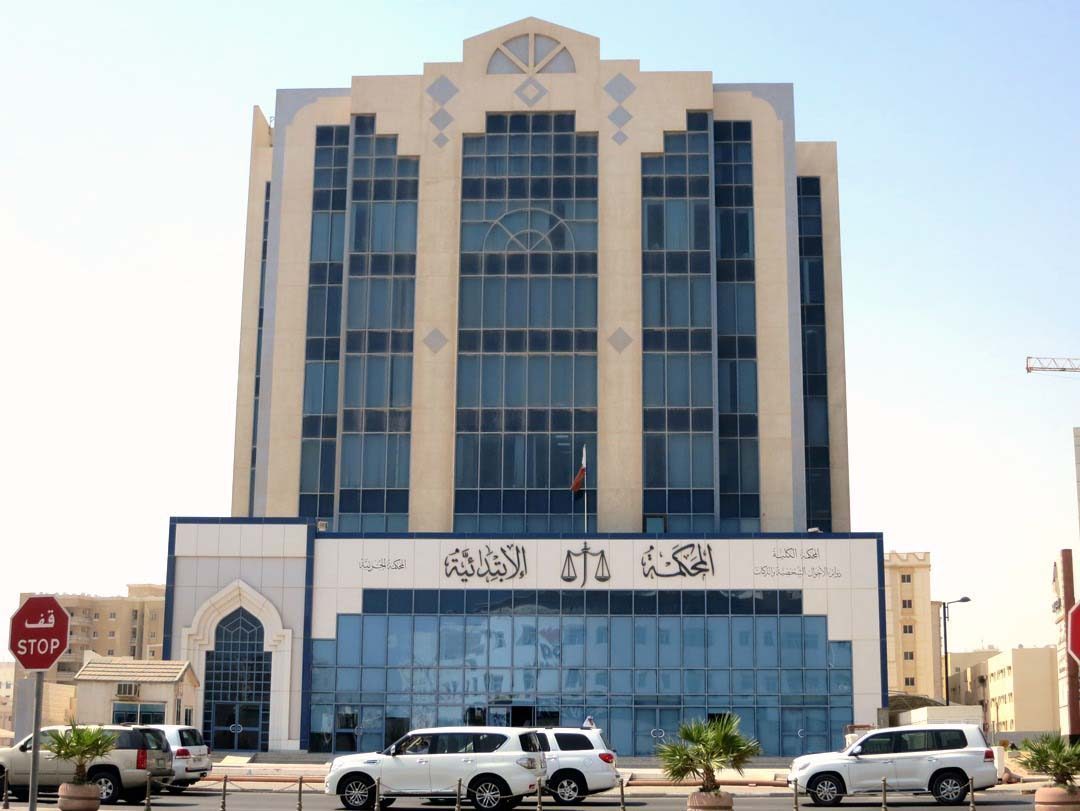
The trial of a Pakistani gardener who has confessed to killing an elderly Qatari woman resumed on Wednesday with investigators discussing the evidence found at the crime scene.
The start of the hearing was delayed when the lawyer for the 34-year-old defendant failed to appear.
The court learned he had resigned – the second publicly appointed defense lawyer to quit the case – and assigned the man a new attorney.
The defendant’s original lawyer quit during the trial’s first hearing in June after the man confessed to killing the 68-year-old woman in her home in May.
The woman lived alone and was the sister of the defendant’s sponsor. He was occasionally sent to her house to help with the gardening.
The defendant told the court in June that he was insulted by the victim and wanted revenge after she apparently spilled food and spat on him in anger several months ago and berated him.
During that hearing, he said he planned the attack in advance and, after killing the woman, cleaned parts of the house in an attempt to cover his tracks. But on Wednesday, a police officer said a damning piece of evidence remained at the crime scene that led investigators straight to him.
New testimony
Yesterday, the court first heard from a colonel in the Ministry of Interior’s criminal investigations department who was part of the initial team that examined the woman’s home and body. That team also sought out, arrested and interrogated the defendant.
The investigator said that he saw a name scrawled in blood on a bed that he made out to read either “Khalid” or the accused’s last name, “Khan.”
Once the officer learned of the gardener and his connection to the victim, “it was clear to us that the name was Khan,” he said.
The judge asked the defendant through a translator if he had written the name, which was in Arabic script. When the man said he had not, the judge instructed the court clerk to note in the official record that the victim had written the name with her blood, as the police officer suggested.
Later, a forensic investigator told the court that the woman had died of asphyxiation, which is consistent with the defendant’s earlier confession that he strangled her with an undershirt.
He added that her nose was broken and there were bruises on her body and face.
Court documents also state that DNA recovered from the crime scene matched that of the defendant, who had fresh scratches on his face and thumb – wounds, the report says, that are consistent with an injury inflicted by someone’s fingernails – when he was arrested six days after the woman died.
The defendant previously told the court that the woman struggled with him during the attack.
Reporters and other members of the public were barred from hearing parts of the police officer’s testimony, as well as all of the evidence presented by the forensic investigator.
Midway through the colonel’s testimony, the judge ordered the courtroom cleared, leaving only court officials, legal counsel and staffers including guards. About a dozen members of the victim’s family also remained, some of whom had became visibly emotional during the police officer’s testimony.
After the court hearing, the judge disclosed portions of the evidence that had been presented during the closed session – but instructed journalists not to report on some aspects of the case.
After the two witnesses completed their testimony, the judge asked the victim’s family if they wanted qasas (retribution) or would accept blood money – a financial form of compensation – if the defendant was convicted.
Relatives responded that they wanted retribution, which means the defendant could face the death penalty if found guilty of premeditated murder. The sentence is still issued in Qatar’s courts, but has not been carried out in the country in more than a decade.
In June, the defendant was also charged with breaking and entering.
Absent attorneys
Three lawyers have now represented the accused man during the trial’s two hearings.
According to some local legal observers, the reluctance to represent the defendant illustrates the unique challenges of prosecuting a foreigner who has already confessed to killing a Qatari.
The man’s third attorney, Abdullah Isa al-Ansari – who was on call at the courthouse Wednesday to fill in on various cases as needed – represented the defendant without having any formal background on the case.
He told Doha News after the hearing that while the case appeared relatively uncomplicated, it is a difficult assignment:
“I think that the previous lawyers dropped the case either because they know the victim’s family, sympathize with them and feel a degree of awkwardness representing the defendant, or because they can see how an open-and-shut case this is and they know in advance that they will lose it.
I haven’t yet formed an opinion on this case, given that it was only assigned to me today and I still haven’t had a chance to fully study the files. However, based on what I have heard in court today, it looks like a straightforward case. But, I am determined to see it through and carry on with representing the defendant. If every lawyer turned down a case like this, judicial proceedings would take forever. This obstructs justice.”
The trial is scheduled to resume on Oct. 21, when the defense lawyer is expected to deliver his arguments.
Thoughts?







